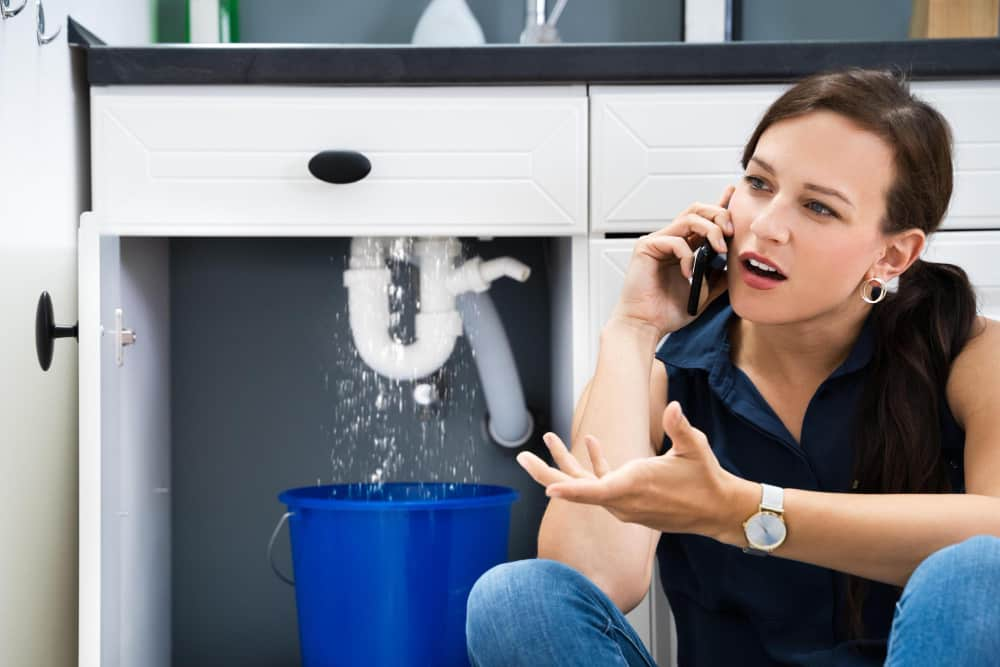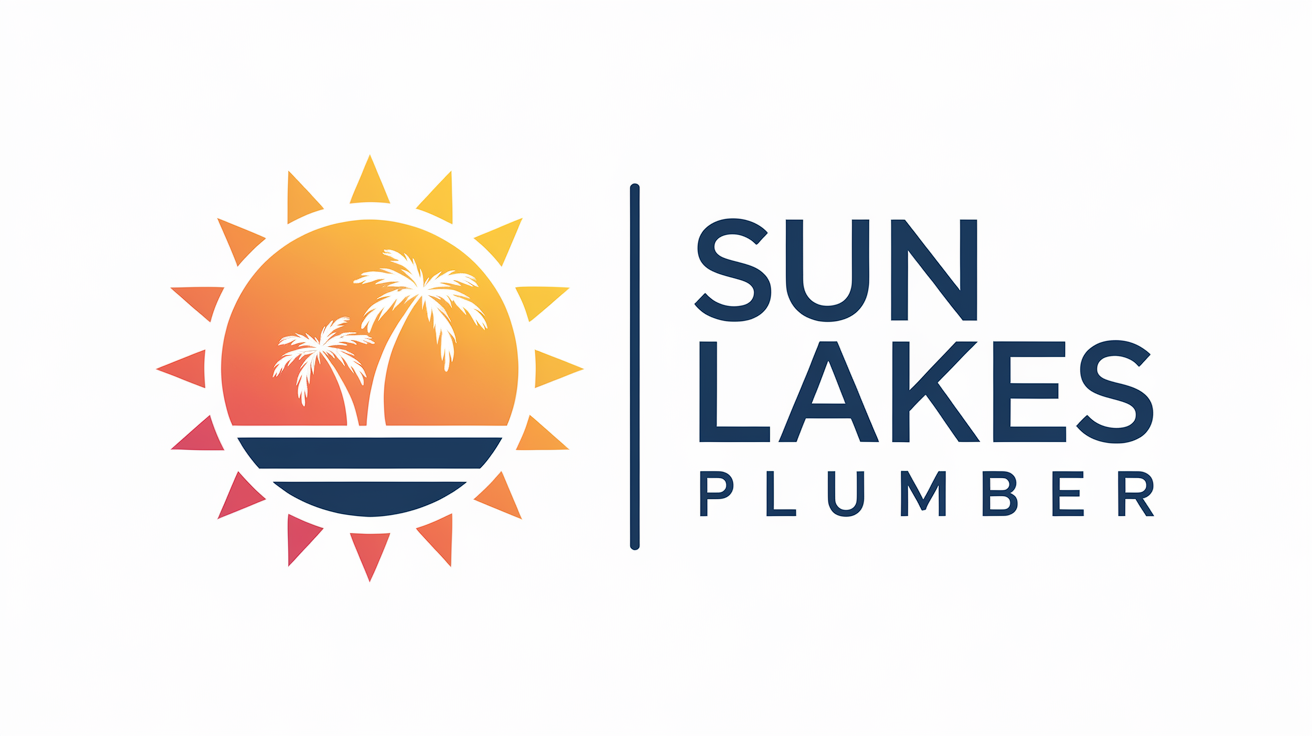A plumbing emergency can strike at the worst possible moment — a burst pipe in the middle of the night, a clogged toilet right before guests arrive, or a sudden water heater failure on a cold morning. When these situations happen, it’s easy to panic, but staying calm and taking quick action can prevent further damage. Knowing what to do in a plumbing emergency can save you from costly repairs and water damage.
The first step is to shut off the water supply to stop the flow and minimize flooding. Next, reach out to a reliable plumber near me for fast assistance. Acting swiftly and knowing how to handle the situation can make a huge difference in protecting your home and keeping your plumbing system intact.
Recognizing the Signs of a Plumbing Emergency
Plumbing emergencies can sneak up on you, but knowing the warning signs can save you from major damage. One of the biggest red flags is water where it shouldn’t be—like puddles forming under sinks or water stains on ceilings and walls. Low water pressure, slow drains, or water backing up into sinks and tubs are also signs of trouble. Odd smells, like sewage or mildew, can mean there’s a hidden leak or drainage problem.
Gurgling sounds from your pipes or toilet could indicate a blockage or air in the line, signaling that something isn’t flowing right. A sudden spike in your water bill without any clear reason might also suggest a hidden leak. Recognizing these signs early can help you avoid costly repairs and water damage. If you spot any of these issues, it’s time to call a plumber near you.
Common Plumbing Emergencies and How They Happen
Plumbing emergencies can strike when you least expect them, and understanding how they happen can help you stay prepared. Burst pipes are one of the most damaging emergencies, often caused by freezing temperatures or aging pipes. A backed-up sewer line can create a mess in your home, usually triggered by tree root intrusion or flushing inappropriate items down the toilet.
Overflowing toilets and clogged drains are common problems that can escalate if left unchecked. Water heater malfunctions, like leaks or a lack of hot water, can disrupt your daily routine. Leaking faucets and broken pipe joints might seem minor at first, but they can cause significant water damage over time. Knowing how these emergencies occur can help you take quick action and minimize damage before help arrives.

The First Steps to Take During a Plumbing Crisis
When a plumbing emergency strikes, staying calm and acting quickly can make a big difference. The first thing you should do is shut off the main water supply to prevent further flooding and damage. If you’re dealing with a leaking appliance, locate the specific shut-off valve and turn it off. For a clogged or overflowing toilet, avoid flushing and try to remove any visible blockages with a plunger. If a pipe bursts, open nearby faucets to relieve pressure in the system.
Use towels or buckets to soak up excess water and prevent damage to floors and furniture. Turning off your water heater can also help avoid overheating or pressure buildup. Once you’ve taken these initial steps, call a plumber near you to assess and fix the issue before it gets worse.
How to Minimize Damage While Waiting for Help
When a plumbing emergency strikes, quick action can make a big difference in minimizing damage and keeping your home safe. After you’ve shut off the water and contained the immediate problem, there are a few key steps you can take to reduce the impact and protect your property. Acting fast can help prevent mold, structural issues, and costly repairs down the line.
Mop up standing water
Standing water can cause serious damage if left unchecked. Use towels, mops, or a wet/dry vacuum to soak up as much water as possible. Pay special attention to corners and hidden areas where water tends to pool. The quicker you remove the water, the less chance there is for mold and structural damage to develop.
Speed up the drying process
After removing the standing water, focus on drying out the affected areas. Use high-powered fans and dehumidifiers to draw moisture out of carpets, furniture, and walls. If possible, elevate furniture to allow better airflow underneath. The faster you dry things out, the less chance mold and mildew have to take hold and cause long-term issues.
Improve ventilation
Keeping air moving is key to drying things out and reducing moisture buildup. Open all doors and windows in the affected area to create cross-ventilation. If you have ceiling fans, turn them on to increase airflow. Better ventilation helps reduce humidity levels and makes it harder for mold and mildew to grow.
Remove damaged drywall
If water has seeped into your walls, cutting out the affected drywall can prevent bigger issues later. Wet drywall holds moisture, which can lead to mold growth and weakened wall structures. Carefully cut away the damaged sections and allow the framing and insulation behind it to dry completely before making repairs.
Turn off electricity if needed
Water and electricity are a dangerous combination. If you notice water near electrical outlets, light switches, or wiring, shut off the power to the affected area at the breaker box. This helps prevent the risk of electrical shock or fire, ensuring that the area is safe for both you and the plumber.
Why a Fast Response Matters in a Plumbing Emergency
Time is critical when dealing with a plumbing emergency. The longer water sits, the more damage it can cause to your home’s structure and your belongings. Standing water can lead to mold and mildew within 24 to 48 hours, creating health hazards and requiring costly remediation. Slow or delayed action can also result in weakened walls, floors, and ceilings, making your home unsafe.
A quick response can save you from expensive repairs and keep the problem from spreading. That’s why having a trusted plumber near you on speed dial is so important. Sun Lakes Plumber offers fast, reliable service when you need it most. We understand the urgency of plumbing emergencies and are ready to respond quickly to minimize damage and restore your home’s comfort.
When to Call a Professional Plumber Near Me
Some plumbing issues might seem like minor inconveniences, but knowing when to call a professional can save you from a bigger headache down the road. If you have a burst pipe, flooding, or a sewer backup, you need to call a plumber immediately to prevent further damage. Slow drains, persistent clogs, and gurgling sounds can indicate a deeper problem that requires professional tools and expertise. If you notice a sudden drop in water pressure or discolored water, it could mean there’s a hidden leak or a problem with your water supply. Water heater issues, such as inconsistent temperatures or strange noises, should also be handled by a professional. Don’t wait until a small issue becomes a major repair—if something seems off, it’s time to call a plumber near you.
Preventing Future Plumbing Emergencies
While you can’t prevent every plumbing emergency, regular maintenance can reduce the chances of something going wrong. Schedule annual inspections with a plumber near you to catch small issues before they become big problems. Keep an eye on your water pressure and look for signs of leaks, like water stains or musty smells. Be mindful of what you flush down the toilet and avoid pouring grease or food scraps down the drain.
Insulate your pipes in the winter to prevent freezing and bursting. Replace aging pipes and fixtures before they fail. Investing in a water softener can also help protect your pipes from mineral buildup. A little preventive care goes a long way in avoiding costly repairs and unexpected emergencies.
Conclusion
Plumbing emergencies are stressful, but knowing how to handle them can save you time, money, and frustration. Whether you’re dealing with a burst pipe, a backed-up sewer line, or a malfunctioning water heater, acting fast and calling the right plumber is key. Sun Lakes Plumber is here to help with reliable, fast service in Sun Lakes. Our experienced team knows how to handle even the toughest plumbing emergencies, so you can get back to your routine with minimal disruption. Don’t let a small problem turn into a big mess—give us a call at 877-458-8279 today, and we’ll take care of it!
